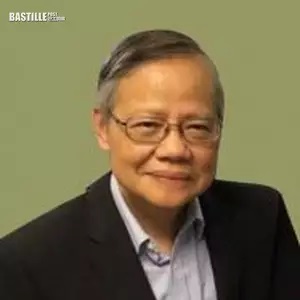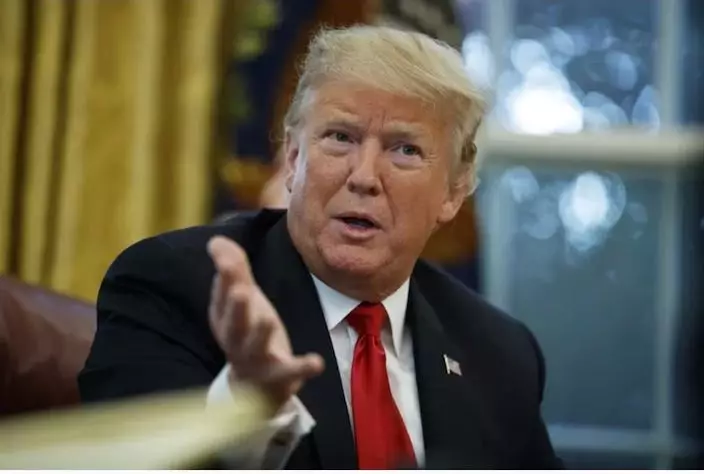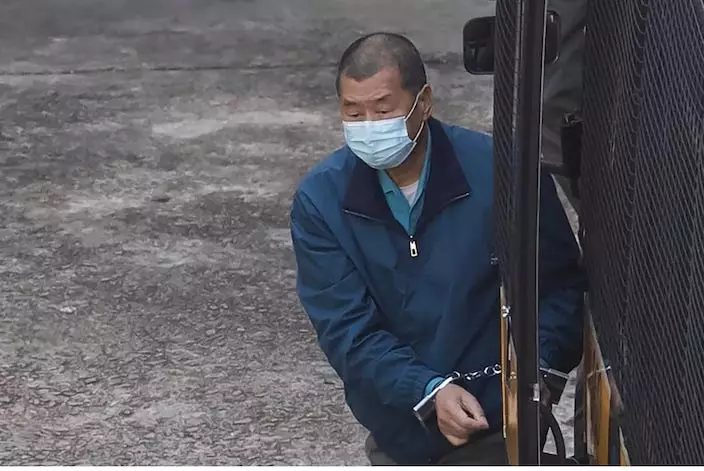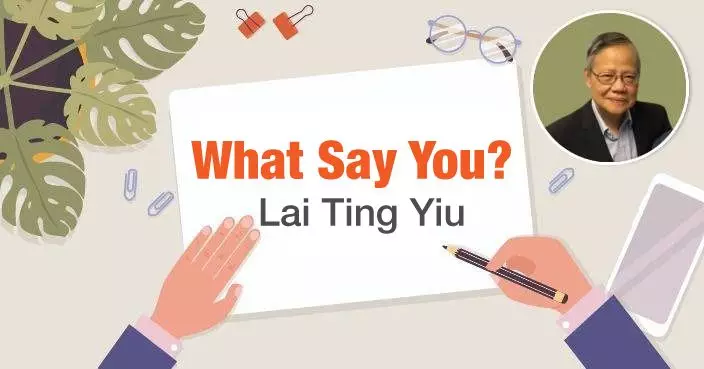Pope Francis passed away on Monday, and the cardinals with voting rights have already gathered at the Vatican, ready to elect the new pope behind closed doors. Thus, the “papal election” has officially begun. Cardinal Joseph Zen, now over 90 and known for his “yellow camp” stance, is ineligible to vote due to his age. Yet, true to his combative nature, he has openly complained, criticizing the timing of the conclave as too rushed for cardinals from distant regions, particularly Hong Kong’s Bishop Stephen Chow, to arrive in time. He did not spell out his real grievance, but it is reasonable to infer that he regrets being unable to lobby Bishop Chow on how to vote, losing his only chance to influence the outcome.
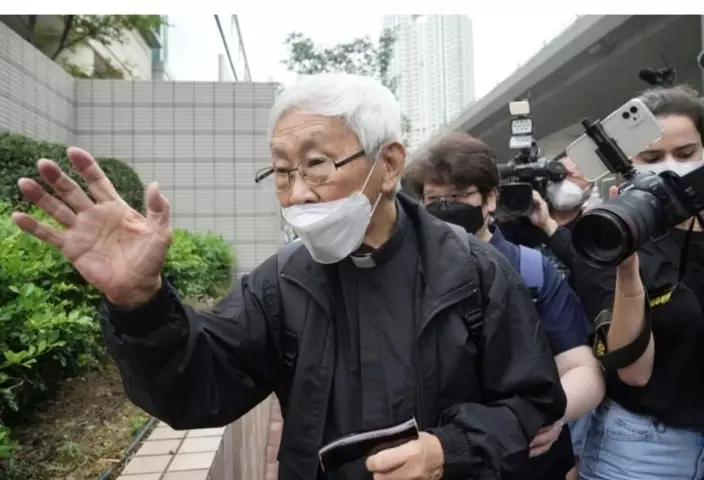
Cardinal Zen has long been a hardline anti-China hawk, with ambiguous ties to Jimmy Lai, and is at odds with the Vatican’s pro-Sino-Vatican rapprochement faction. As a result, he has been marginalized and left an outsider. Unwilling to accept this, he has seized the opportunity of the current “papal election” to vent his frustrations.
Zen is especially anxious about the outcome because his rival, the current Vatican Secretary of State Cardinal Pietro Parolin, is a frontrunner. If Parolin becomes pope, it would accelerate the establishment of diplomatic ties between China and the Vatican—something Zen vehemently opposes. Despite his intentions, Zen is powerless to stop the tide, having long been sidelined by the Vatican. In recent years, he has repeatedly traveled to Rome seeking an audience with the pope, only to be rebuffed, a clear sign of his loss of influence. For this election, he can only watch bitterly as a bystander.
Zen has always been a hawk against Sino-Vatican reconciliation, a stance rooted in complex political networks. Most notably, he and Jimmy Lai are as close as brothers, with Zen receiving over HK$20 million (equivalent to USD2.56 million) in private donations from Lai over the years—an unresolved and unexplained financial relationship. Zen also maintains close ties with Western anti-China politicians, frequently engaging in covert dealings. Because of his outspoken anti-China position, he has been in a longstanding conflict with the Vatican’s pro-China faction, clashing with them on multiple occasions. One of his chief adversaries is, in fact, the current Secretary of State Parolin, now a leading papal candidate.
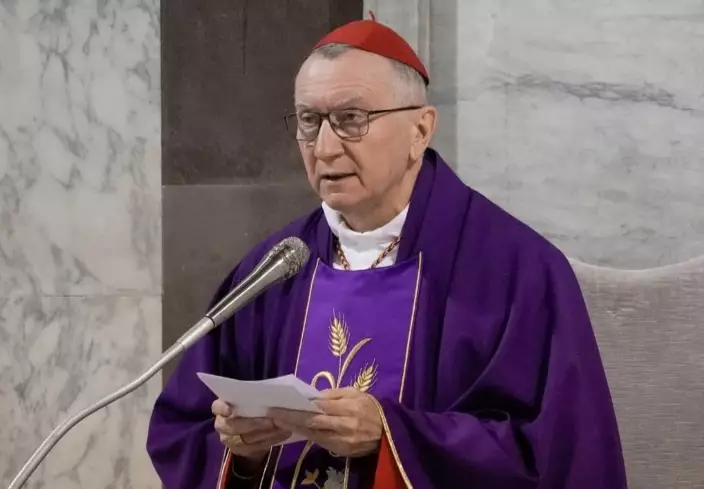
Parolin, the Vatican’s Secretary of State and a frontrunner in this papal election, has been sharply criticized by Zen for “compromising with Beijing.” Yet Zen has no influence whatsoever on the election’s outcome.
One incident clearly highlights their rift: In 2018, the Vatican and China signed a provisional agreement on the appointment of mainland bishops, which was renewed for another two years in 2020. Zen vehemently opposed the deal, arguing that the Chinese government could use it as a tool to suppress the underground church. To voice his objections and urge the Vatican to speak out against the Hong Kong National Security Law, Zen traveled to Rome himself to seek an audience with Pope Francis. After waiting three days without being received, he left in frustration, having effectively been shown the door.
He later aired his grievances to anti-China media, revealing so-called “Vatican inside stories,” claiming that the real power in the Vatican was not the pope but Secretary of State Parolin, a member of the ruling faction who has long pushed for compromise with Beijing. Zen believes that because this faction strongly advocates for Sino-Vatican ties, the Vatican has refrained from forcefully condemning the National Security Law.
Zen was not wrong: By the time the provisional agreement on bishop appointments was signed in 2018, rapprochement with China had become the Vatican’s mainstream policy. Zen was completely shut out of the process—he saw none of the agreement’s details and was not consulted, treated as an outsider. In May 2022, after the arrest of Zen as a trustee of the “612 Humanitarian Relief Fund”, Parolin told the media that Zen’s arrest would not affect the renewal of the provisional agreement on bishop appointments between China and the Vatican. In other words, Zen’s troubles were irrelevant to the Vatican’s China policy—to put it bluntly, “he’s as good as invisible.”
It is only natural that the Vatican has sidelined Zen. This highly political cardinal has, from the Occupy Central movement to the 2019 riots, consistently aligned himself with Western and Hong Kong’s anti-China forces, especially maintaining an ambiguous relationship with Jimmy Lai. He is no longer merely a clergyman. Allowing him to participate in Vatican decision-making would only disrupt the normalization of Sino-Vatican relations, precisely the outcome sought by Western hawks and Taiwan’s pro-independence camp.
Given what Zen has done —including receiving tens of millions from Lai—it is already fortunate for him that he has avoided jail. He should just retire quietly and enjoy his remaining years.
Lai Ting Yiu
What Say You?
** The blog article is the sole responsibility of the author and does not represent the position of our company. **



